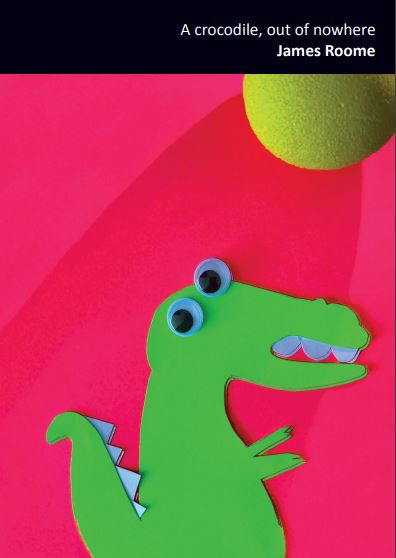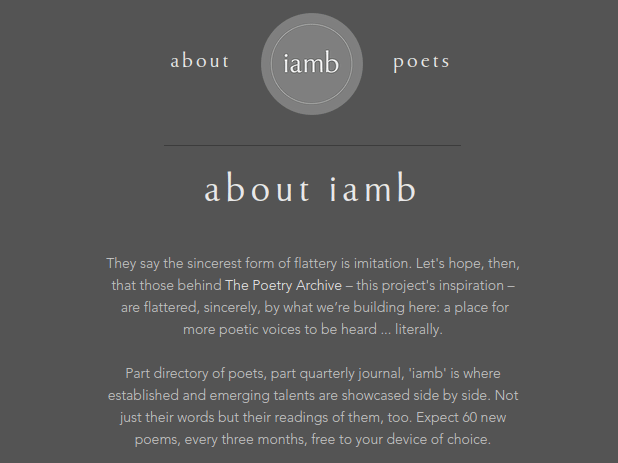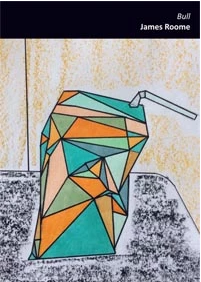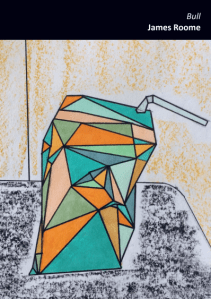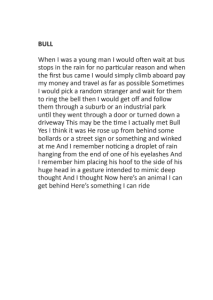I saw Phoebe Power read from her collection, Shrines of Upper Austria (Carcanet) at last month’s Poets & Players event at The Whitworth Art Gallery in Manchester, and was sufficiently impressed to purchase her book from the stall.
Power read with a halting lyricism which I enjoyed; however,
her poetry works even better on the page. I’m not personally a subscriber to Basil
Bunting’s (and many others) belief that ‘Poetry, like music, is to be heard.’
Hearing it read aloud certainly adds another dimension, but I like seeing the choices
a poet has made with white space.
The collection is an impressive piece of work (and organisation),
and at its best makes some interesting formal and imaginative flourishes which
are testament to the poet’s skill. I’m planning on keeping this brief, so I’ll
focus on just a few sections that I particularly enjoyed.
The book’s second section (sections are separated by small black
stars) begins with, ‘Austrian Murder Case’, which employs prose and narrative
to engaging effect (I’m a sucker for a narrative arc in a poem). The poem
appears to be set in an actual geographical location (Zell am See, Austria?)
and, if I’m reading it right, details a murder-suicide committed by a ‘Herr
Leitner’, a man who holidays in the village each year with his wife, the point
of difference being that this year, Herr Leitner arrives alone save for some
suspiciously heavy looking holdalls and grey boxes. I’ll let you draw your own
conclusions.
The events of the poem are witnessed by an unnamed ‘protagonist’
who appears to fulfil the clichés in every conceivable way, ‘a cigarette
smoking itself in his thrown-away left hand; his closed right one rests on the
open pages of a notepad.’ This image of writerly
artifice, by which I mean an attempt to present oneself in the intellectual
mode when sipping a ‘kaffee’ in mainland Europe, and a fundamental lack of
ideas symbolised by the empty notepad, plus the impulse to cast oneself as the Protagonist, sets up, to my mind, rather
a pathetic character, but one that I can also see myself in. The poem goes on
to describe, through careful inclusion of minor detail and multiple
perspectives, the events of the case, but the reader is left to infer these
events.
The fact that the poem deals with male on female violence, and that all of the characters that appear are also male (Florian and Bernie, a dog walker and his pet, the protagonist is explicitly referred to as ‘he’, the police superintendent watches ‘his men’ as they search the lake for bodies, of the significant characters only the ‘pension owner’ is not gendered) cannot be avoided. It hints at a sub-text about men defining women’s stories, a sub-text brought brutally into focus by the actions of ‘Herr Leitner’, who ultimately chooses the mode of his wife’s death. Significantly, when considering this reading of the poem, the section titled ‘Head’, which describes the discovery of the female victim’s head in a box, cast in concrete, is formally distinguished from the rest of the prose pieces. Here the centred text appears to imply the confines of the metaphorical and literal ‘brutal box’ within which this woman has existed, whilst the final three lines extend to the margins, and picture the victim released, riding, ‘up mountains – out of box, suitcase, coffin, block.’
I’ve gone on for far too long now about that individual
poem, when the rest of the collection also deserves comment. That being said,
it’s time to replenish the Weetabix in my toddler’s bowl, so I’ll have to be
quick.
I also loved the poems here that served as broken English character
studies; ‘Isis and Marija’ for example (‘Isis doesn’t like that her name sounds
like / the terrorist group’). They expertly trod a fine line between being
funny and endearing, without appearing condescending.
On the other hand, sections I found to be less successful
were those in which Power strayed into concepts around climate change, for
instance ‘Milk’, which mocks the chiefly middle-class impulse to conserve the
planet through consumerist choices but presents no solutions or alternative
that I can discern.
Similarly, ‘notes on climate change’ appeared to live up to
the self-deprecating nature of its title (lower case, the use of the word ‘notes’
implying half-formed ideas). I may be doing this poem an injustice, as
(evidenced by its organisation) it has clearly been thought about a great deal
more than the title implies (perhaps, therefore, an intentional irony?), but I’m
afraid all I took from it was the familiar impulse of needing to know/do more about things but at the same time wanting to maintain comfortable lifestyles/modes
of being. I snorted a few times, I recognised thoughts I had also had, but
I came away with no new perspectives on the matters discussed. Perhaps one to
return to at a later date.
Other things I have been reading:
Martin Stannard’s, ‘poems for the young at heart’ (Leafe Press). Maybe some thoughts to come on this one.
The frankly incredible long poem, ‘A Form of Words’ in the London Review of Books by Paul Batchelor. People are saying this on Twitter and I’ll agree, it feels like a really important piece of work.
Reliquiae Six, a beautifully produced journal that fuses poetry, prose, place and myth, from Corbel Stone Press.
